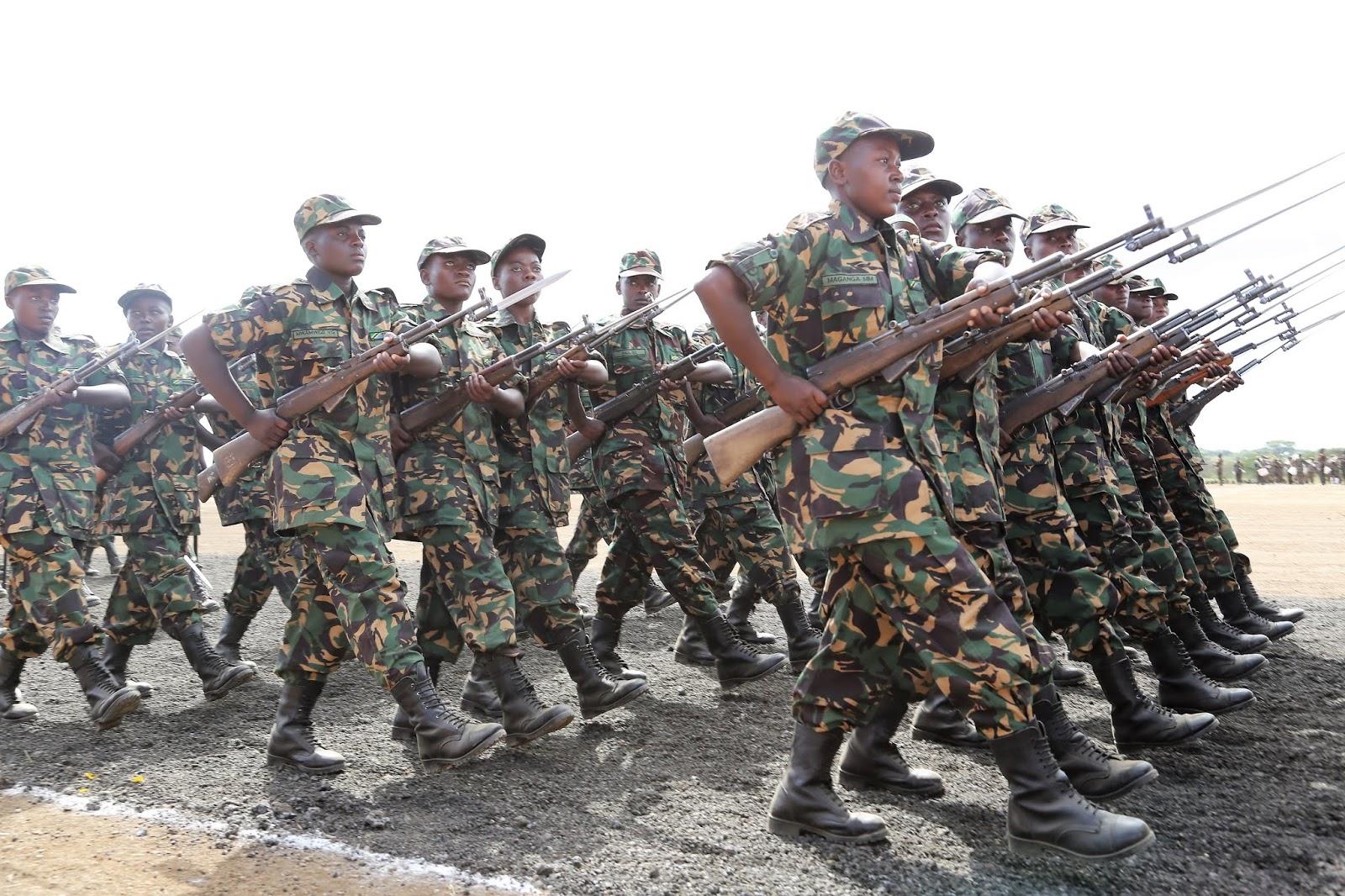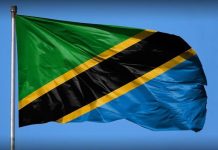By Faridah N Kulumba
Africa-Press-Tanzania Tanzania is one of the East African countries considered to be safe. But according to the British travel advisory, the country is not entirely safe as crimes are reported to exist in some parts of the country, most especially in Dar es Salaam the capital city of Tanzania, and the border between Tanzania and the Cabo Delgado province of Mozambique
Tanzania has not suffered a major terrorist incident since the bombing of the United States embassy in 1998, although there have been a number of smaller-scale incidents. In October 2020, close to the border with Mozambique, the attack was claimed by Islamic extremists operating from northern Mozambique. Most attacks target the local security forces, although attacks against western interests are also possible.
However, violent armed robbery, petty theft, and threats of violence are common in Tanzania, especially in Dar es Salaam.
Growing insurgency
Security incidents continue along the Tanzania-Mozambique border. In October 2020, a violent attack occurred in Kitaya village, in Mtwara, close to the border with Mozambique. In August 2021, the South African Development Community (SADC) deployed military forces to Cabo Delgado, Mozambique. Terrorist organizations may increase operations in Mtwara region in Tanzania as it may be outside the current reach of SADC operations.
Attacks
While Tanzania is generally stable and peaceful, there are periodic, usually generally limited threats to state and public security. There have been sporadic attacks on tourists in Zanzibar attributed to Islamist radicals, and there have been several unattributed armed attacks on police stations in which weapons have been looted, as in 2015, or on police personnel (with seven killed in April 2017 in the Pwani region).
Recent attacks
Recently, there has been a deteriorating security situation in the district, with a series of jihadist attacks. In about two weeks, the insurgents have attacked seven villages in Nangade. The latest attack happened in Limualamuala village in January this year and resulted in the deaths of six people who had been attending an initiation rites ceremony.
Killings
On 25 August 2021, a heavily armed gunman fatally shot three police officers and a security guard in Tanzania’s commercial capital, Dar es Salaam, near a French embassy building. Police later killed the man, whose target and motive were not clear.
Bombings
There have also been occasional bombings of Christian churches, among other targets, that analysts have speculatively attributed to Islamist radicals. Tanzania has occasionally arrested Islamic extremists, including 10 alleged members of the Somali Al Qaeda-linked terrorist group Al Shabaab.
Arrests
In April 2015. In May 2015, Tanzanian authorities also arrested Jamil Mukulu, the leader of the Allied Democratic Forces (ADF), a rebel group of Ugandan origin that is made up of Islamist extremists whom Uganda claims have ties with Al Shabaab. In July 2015, Also at the beginning of this year, Mozambique military forces revealed that they seized the leader of an armed group known as Ali, a Tanzanian citizen, and six others in Nangade district in the northern Cabo Delgado province.
Injustice
According to the United States Department, 2016 country report on Human Rights, Tanzania has a mixed human rights record. Freedom House rates Tanzania as “partly free” due to various legal restrictions on the press and nongovernmental organization operations, media bias favoring the Chama Cha Mapinduzi, and crackdowns on opposition protests. According to Tanzania’s independent, nonprofit Legal and Human Rights Centre (LHRC) and other sources, key issues include a lack of capacity and institutional weakness in providing access to justice, as well as the conduct of security and law enforcement agencies.
Impunity in the police and security
The State Department also reports that while the government took some steps to “investigate and prosecute officials who committed abuses, generally impunity in the police and security forces was widespread”; and that while “security forces reported to civilian authorities … there were instances in which elements of the security forces acted independently of civilian control.
Extremism issue
Given Tanzania’s proximity to Kenya and Somalia, where al-Qaeda, al-Shabaab, and other terrorist organizations have expanded their presence, the spread of violent extremism in Tanzania is an issue of concern to regional security analysts. The Tanzanian government sees community policing as the focus of its response to prevent and counter violent extremism. While risks of violent extremism are acknowledged by community stakeholders, politically motivated violence, criminality, and conflicts over land use are viewed as more pressing security issues.
Extremism concerns
Local communities are concerned about the securitized response to violent extremism and the involvement of police and security forces in extrajudicial disappearances and executions of violent extremism suspects.
Lack of resources
The Tanzania Police Force’s community policing initiative continues to be stunted by a lack of resources, inconsistent application, and an overemphasis on intelligence gathering. • The focus of the country’s community policing program on intelligence provided by informants risks co-opting ordinary citizens into a securitized response to violent extremism.
Lack of connection
A lack of shared understanding between the community and police as to what constitutes violent extremism, along with a lack of trust in working together on a response, means that police efforts to prevent or counter violent extremism could aggravate rather than mitigate the problem.
Insecurity caused by the refugee
The Tanzanian government has legitimate security concerns with regard to those who seek to use the refugee cover either to conduct cross-border military activities or to evade prosecution for human rights violations they have committed previously in their own country. Cross-border militant activity by Burundian rebel groups in Tanzania fluctuates depending on events within Burundi. Additionally, in the past few years, common crime has become more of a problem around the border areas, often attributed to former Rwandan Hutu militia, Interahamwe, who make their living through banditry.
Weapons in western Tanzania are easily and increasingly available in the border area (reportedly an AK47 can be purchased for as little as T.shs10,000 to 15,000 [approximately U.S.$15 to $23]), and armed robberies and carjackings at gunpoint have increased in the past few years. However, the bulk of refugees in Tanzania do not participate in criminal activities and are as concerned about rebel intimidation and crime as the Tanzanian authorities.







